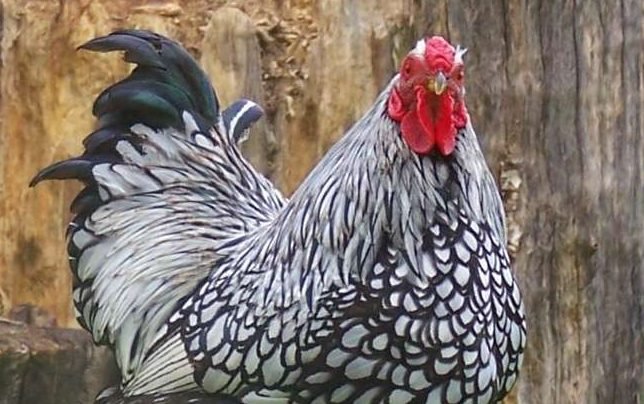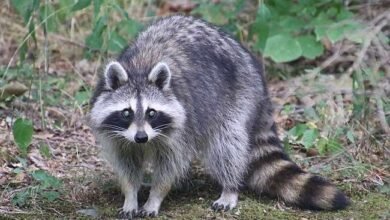New York State Responding to Bird Flu Found at Poultry Farm


 New York State is monitoring and encouraging testing to prevent the spread of highly pathogenic avian influenza (HPAI) as the State continues to see HPAI in the wild bird population and now in a poultry farm on Long Island.
New York State is monitoring and encouraging testing to prevent the spread of highly pathogenic avian influenza (HPAI) as the State continues to see HPAI in the wild bird population and now in a poultry farm on Long Island.
HPAI is a contagious viral disease that can affect birds, other animals, and sometimes humans. HPAI is a type of avian influenza, also known as bird flu, that can be deadly to poultry and create higher prices for poultry products like eggs, chicken and turkey.
Last week, the Putnam County Department of Health announced HPAI was found in a wild goose in Brewster. Also, the United States Department of Agriculture (USDA) Animal and Plant Health Inspection Service (APHIS) Veterinary Services Laboratories has recently confirmed HPAI in a poultry farm in Suffolk County on Long Island.
The State is reminding commercial and hobby poultry farmers to increase their biosecurity measures to help prevent the spread of the disease. The State says that the risk to humans is low at this time.
In both recent cases, the New York State Department of Agriculture and Markets (AGM) is working closely with USDA APHIS on a joint incident response.

 As part of existing avian influenza response plans, AGM and USDA are also working jointly on additional surveillance and testing in the areas around Suffolk County farm.
As part of existing avian influenza response plans, AGM and USDA are also working jointly on additional surveillance and testing in the areas around Suffolk County farm.
While no birds from the affected flock are expected to enter the food supply, be sure to cook poultry and eggs to an internal temperature of 165 degrees which kills bacteria and viruses.
Public Health officials are responding to these two situations. Individuals who may have had contact with infected birds are being monitored for symptoms and will be evaluated for avian flu if any become sick.
The State Health Department is also providing personal protective equipment (PPE) to use in protecting farmworkers to reduce spread in animal populations and ensure reduced chance of spread in human cases and in the community.
The Department encourages those involved in poultry production to take extra steps to prevent their flocks from becoming infected.
All poultry producers, from small backyard to large commercial operations, should review their biosecurity plans and take precautions to protect their birds.
Poultry biosecurity materials and checklists can be found on the USDA’s Defend the Flock website.
In addition to practicing good biosecurity, poultry owners should keep their birds away from wild ducks and geese and their droppings. Outdoor access for poultry should be limited at this time, particularly as the State continues to see HPAI detections in wild bird populations.
To report sick birds, unexplained high number of deaths, or sudden drop in egg production, please contact AGM’s Division of Animal Industry at (518) 457-3502 or the USDA at (866) 536-7593.
AGM recently announced that it is implementing new testing initiatives on dairy farms as part of its response to the outbreak of HPAI in livestock in other states. There have been no detections of HPAI in livestock in New York to date.
In April, June, and August 2024, the Department issued orders on import requirements for dairy cattle coming into New York as well as testing requirements for lactating dairy cattle entering fairs or exhibitions. These orders continue to remain in place until further notice.
USDA offers several producer support programs that are available to all dairy producers as well as certain programs only available to dairy producers with HPAI-positive herds.
These programs include tools to support biosecurity planning and implementation as well as financial support programs to offset costs associated with HPAI testing, veterinary expenses, personal protective equipment purchases, milk disposal, and milk losses.
This week the Trump administration instructed federal health agencies to pause all external communications, such as health advisories, weekly scientific reports, updates to websites and social media posts.
Illustrations, from above: free range chickens being fed outdoors courtesy Wikimedia user Asterion; and the generalized ecology of avian-origin influenza viruses showing common directionality of cross-species transmission events, including those for highly pathogenic (HP) phenotypes (Journal of Wildlife Management, 2022).
Source link





